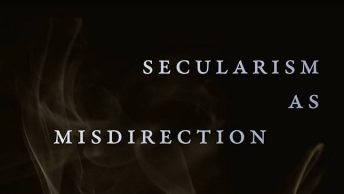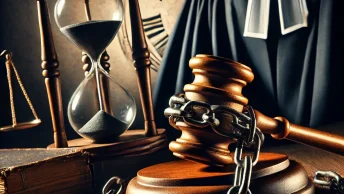As I was writing this article, I was intrigued by two facts, which defied easy explanation. Why do most commissions of inquiries start with a very limited tenure only to be extended many times later? Liberhan Commission’s 48 extensions, and 17-year tenure may indeed surprise most of us, but to begin with, how did the Government expect it to submit the report within six months? Given the huge challenges faced by the Commission since its inception, one can be equally surprised that the Commission could at last submit its report after 17 years.
The second question is about the use of Article 356 by the Central Government. The Commission quotes at length the former Prime Minister P.V.Narasimha Rao’s defence as to why he could not impose President’s rule before the demolition, or use the paramilitary forces to prevent the demolition, even in the absence of the State Government’s request. Ironically, the Commission agrees that President’s rule ought to have been imposed prior to the demolition, but also does not disagree with Rao’s defence. His reasoning that President’s rule could only be imposed for remedial and not preventive purposes is persuasive. The Central Government was also constrained by the Supreme Court’s refusal to appoint it as a receiver and the Court’s acceptance of the U.P.Chief Minister’s promise to defend the disputed structure at all costs.
Interestingly, Commission’s estranged counsel, Anupam Gupta, in this interview admires Rao for his lawyer-like skills during his submissions before the Commission. He too complains that the Commission accepted Rao’s defence uncritically. But it is not clear whether Anupam Gupta believes that the Rao Government could have legally imposed President’s rule before the demolition.
Even if the Rao Government had imposed President’s rule prior to demolition and thereby prevented it, would it have been legally sustainable? In other words, if Rao’s defence is indeed correct, then there is a serious lacuna in the Constitution as it does not enable the Centre to effectively intervene, if a State Government covertly encourages violation of the Constitution, as the U.P.Government did during the Ayodhya crisis. Surprisingly, most critics of use of Article 356 are silent on this apparent serious limitation on the Centre’s powers in a situation which threatens the breakdown of the Constitutional machinery.







In other words, if Rao's defence is indeed correct, then there is a serious lacuna in the Constitution as it does not enable the Centre to effectively intervene, if a State Government covertly encourages violation of the Constitution, as the U.P.Government did during the Ayodhya crisis. Surprisingly, most critics of use of Article 356 are silent on this apparent serious limitation on the Centre's powers in a situation which threatens the breakdown of the Constitutional machinery.
Ok, I'll bite.
How do you know the cure won't be worse than the disease? Trivially, how does one determine if the actions of a state government "threatens the breakdown of the constitutional machinery"? With a pliant governor, building such a case becomes almost too easy.
Remember also that our central governments — under, notably Indira Gandhi — are no angels and have not hesitated to use extra-constitutional methods either. So what law will protect us from the depredations of a central government?
Law cannot cure every problem that we have in our society and polity. Surely, our experience with untouchability should tell us that, if nothing else. We in India seem to think that for every problem there exists a law which can take care of it. If only it were that easy.
I don’t get where the lacuna is. The centre is free to intervene under Article 355. Besides, the text of 356 does not really mandate ‘breakdown of the constitutional machinery’. Not sure how much of a difference it would make, but the only requirement is the satisfaction of the President that the governance of the State cannot be carried out in accordance with the provisions of the Constitution.
One other, somewhat controversial way to look at Article 356 is to treat it as the State Government equivalent of the imposition of Emergency under Article 352.
If we accept that pre-emptive Emergency imposition is unconstitutional, then we must also accept that pre-emptive 356 is unconstitutional.
[I know I have made a couple of leaps of argument that will take a much longer post to elaborate on, but this just the gist of another way of looking at the issue. ]